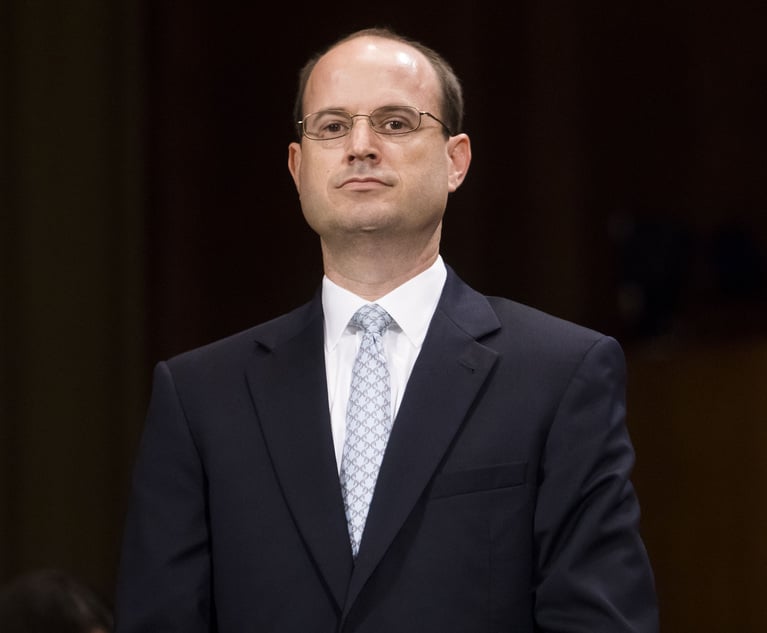In a decision the court admitted was an “outlier,” Florida’s Second District Court of Appeals in Doe v. Natt, held that a Texas couple filmed without their knowledge while staying at a vacation rental did not agree to have an arbitrator decide whether their dispute should go to arbitration. The couple, referred to in the suit as the Does, sued the owner of the condominium and the company that provided the booking platform, bringing intrusion and other claims. The company moved to compel arbitration, contending that the Does’ claims were subject to arbitration under the “clickwrap” agreement, and that the trial court did not have authority to consider the arbitrability of the Does’ claims. The lower court agreed with these arguments, but Florida’s Second District Court of Appeals had other plans for the hotly contested “arcane question” of arbitrability.
Presumably confident in its legal position because the arbitration agreement referenced the American Arbitration Association (AAA) rules, the defendant likely was surprised by the appellate court’s conclusion that the clickwrap agreement did not meet the longstanding standard set out by the U.S. Supreme Court. Specifically, the Supreme Court in 1995 established that questions of arbitrability are presumptively resolved by a court, unless the relevant agreement provides “clear and unmistakable” evidence that the parties intended for the arbitrator to decide that issue. Therein lies the dilemma: What qualifies as “clear and unmistakable” evidence has been interpreted differently by courts throughout the country. In this particular case, the appellate court required more than just a reference to the AAA rules to find “clear and unmistakable” evidence of the parties’ intent to leave the arbitrability determination to the arbitrator.


 L-R Cristina Villarroel and Isabella DeLaGuardia, Baker McKenzie, Miami.
L-R Cristina Villarroel and Isabella DeLaGuardia, Baker McKenzie, Miami.




